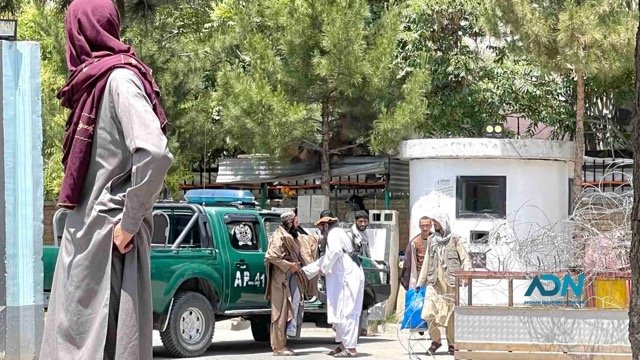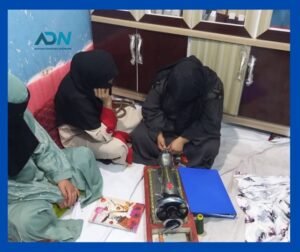Afghanistan Four Years On: Repression, Return, and a Deepening Crisis

Kabul, Afghanistan Photo by @AADIL for ADN
By SS Ahmad
Four years after the Taliban seized power in August 2021, Afghanistan finds itself mired in one of the world’s worst humanitarian and human rights crises. A new report released by Human Rights Watch (HRW) on August 5, 2025, paints a grim picture of relentless repression and authoritarian consolidation.
Women and girls, once promised inclusion, have faced particularly harsh treatment under Taliban rule. The HRW report underscores a regime that has systematically dismantled women’s rights: education for girls beyond sixth grade remains banned, women have been excluded from most public jobs, barred from traveling without a male guardian, and denied access to parks, gyms, and universities. These restrictions have led experts to characterize the current situation as “gender apartheid.”
Beyond gender repression, the report documents widespread violations against journalists, civil society actors, and political dissenters. Arbitrary arrests, torture, and enforced disappearances are increasingly used as tools of control, all while media outlets are censored or shuttered and civil society space continues to shrink.
But domestic repression is only part of the crisis.
Afghanistan now faces one of the world’s most acute humanitarian emergencies, exacerbated by drastic aid cuts from international donors and a massive spike in forced returns.
Iran and Pakistan have expelled nearly 1.9 million Afghans, including those who fled Taliban rule or were born and raised in exile. Many were deported with little or no warning and returned to a country where employment, shelter, and safety are not guaranteed. Their arrival has overwhelmed local infrastructure, strained humanitarian services, and contributed to rising internal displacement.
European and Western governments are also tightening their stance.
Germany deported 81 Afghans to Kabul in July, marking the first such deportations under Chancellor Friedrich Merz. Berlin has signaled that these removals will continue.
Meanwhile, in the United States, the rollback of humanitarian protections for Afghans has left thousands in limbo. The termination of Temporary Protected Status (TPS), suspension of refugee admissions, and restrictive changes to humanitarian parole have rendered many Afghan nationals vulnerable to deportation — sometimes to third countries.
As repression deepens and displacement intensifies, the international community’s response remains fragmented and, in many cases, negligent.
The return of nearly two million Afghans and the erosion of asylum protections in Western countries signal a disturbing global shift — one that turns away from responsibility and human rights at a time when they are most needed.
SS Ahmad is a freelance researcher and journalist based in, Kabul Afghanistan.
Note: The contents of the article are of sole responsibility of the author. Afghan Diaspora Network will not be responsible for any inaccurate or incorrect statement in the articles.






